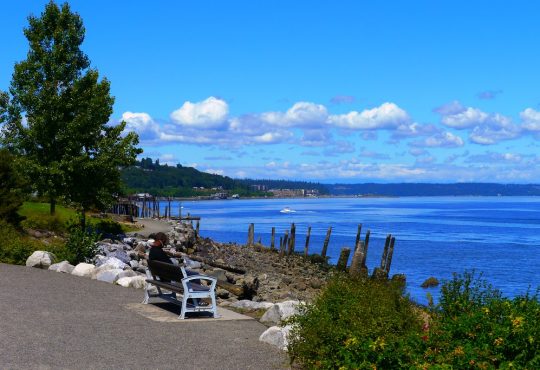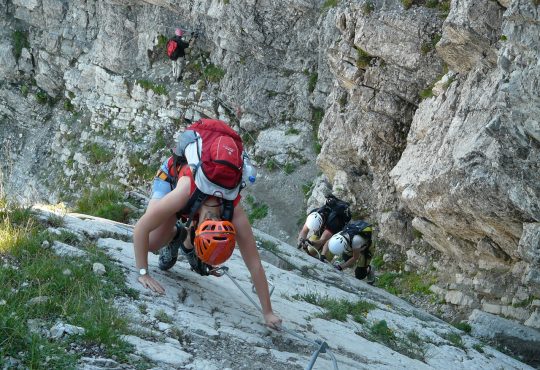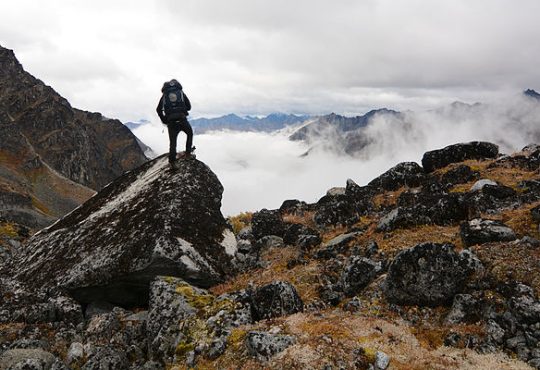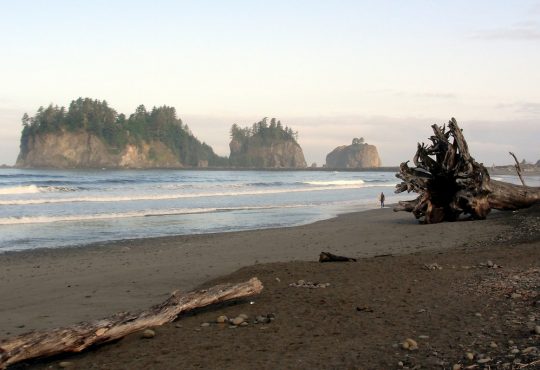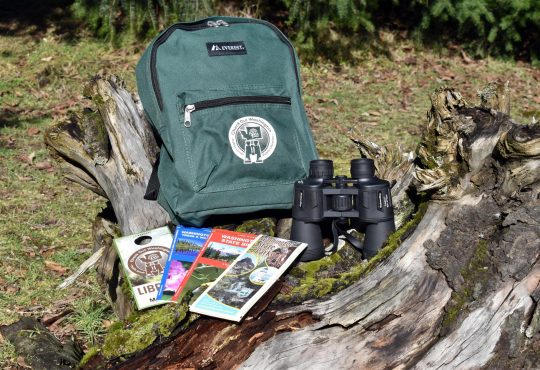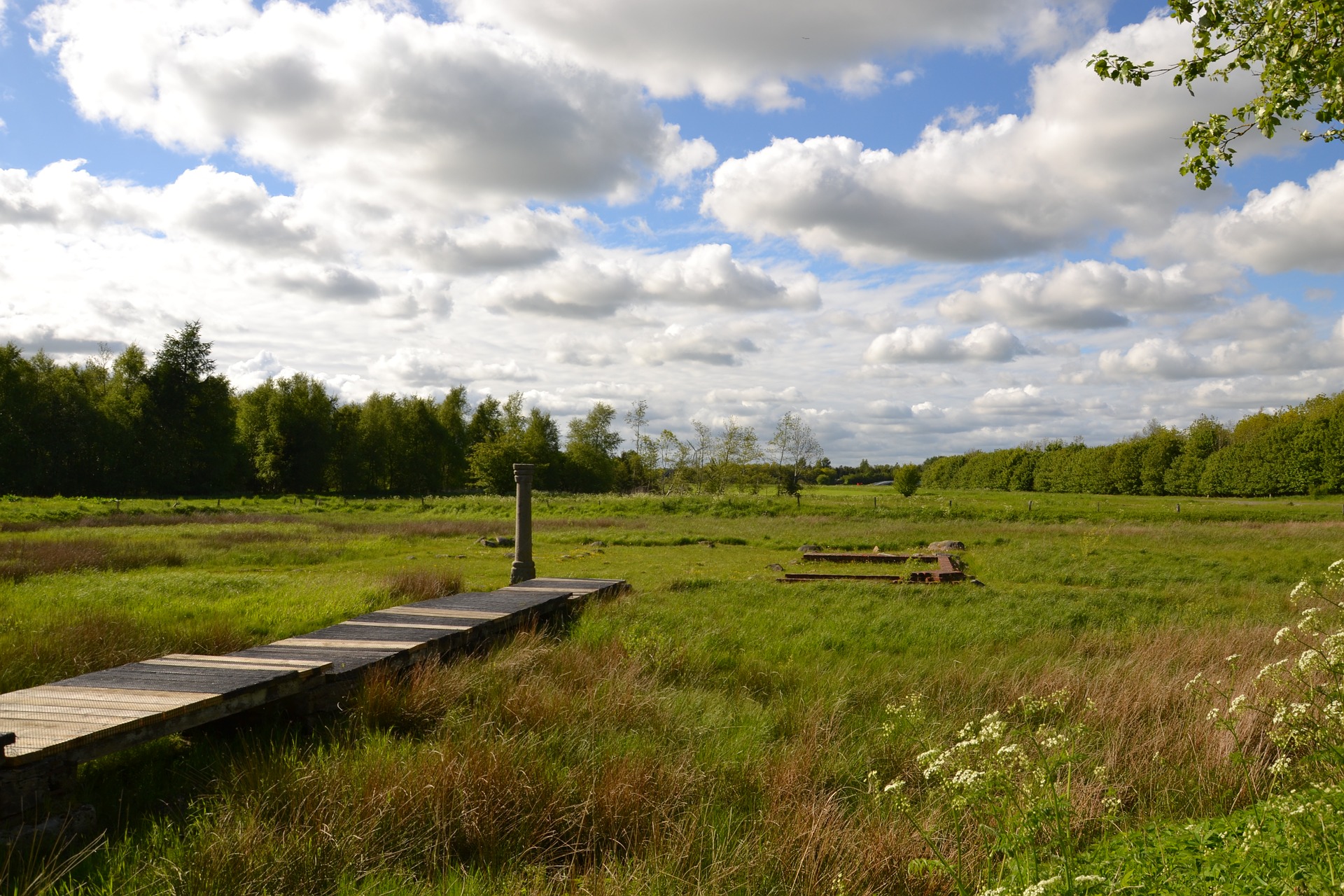
Going abroad can be daunting, especially if it feels like you might be leaving a part of yourself behind.
The study abroad brochures warn you about losing your passport and the discomforts that may accompany a homestay, but they don’t normally tell you what it’s like to go months without climbing a wall, kayaking a river, or taking a hike in the rain.
If you consider playing outside one of your core identities, spending time doing things other than that might feel unimaginable. In the back of our minds, we know that “being outdoorsy” can be more a sign of socio-economic privilege than an affinity for nature, yet for many of us, nature brings peace and fulfillment, and entering into a new experience without that comfort is scary.
Senior Kumar Kay spent his junior year on Pacific Rim, a Puget Sound program that takes students to 11 different countries in Asia over the course of nine months. Kay grew up in the outdoors: hiking, climbing and biking. The prospect of spending almost a year in some of the most populated cities in the world worried him.
“At first I was concerned about how I would handle being in such large cities, but my research on green spaces allowed me to explore how people in different countries spend time outside,” he said.
The first thing Kay did when he got to a new country was find the climbing gym and meet the local climbers. If he was in a country for longer than a few weeks, he would get a membership — his own method of cultural immersion.
“The climbing gym in Chiang-Mai was great. They rented gear and shuttled us out to the crag so we were able to get some outdoor climbing in,” he said.
While Kay, and most of the other students on Pac Rim, did get to take a week-long trek through the Himalayas while they were in India, he acknowledged that his time abroad crystallized the importance of outdoor recreation to his everyday lifestyle.
“I think being abroad helped me realize that if I had to survive in a massive city I could, but it also taught me just how important being in nature is to me,” Kay said.
Senior Emma Brice studied abroad in Copenhagen, Denmark — a place she was unsure would allow her to pursue her love for the outdoors. But Brice’s program was supportive of her passion and connected her with some Danes who led her on a five-day climbing and mountaineering adventure in the Czech Republic.
“I really appreciated having those outlets in an unfamiliar place because it allowed me to stay in touch with my love for the outdoors,” Brice said.
Senior Lauren March spent her semester abroad in New Zealand, home of extreme sports and stunning landscapes, but accessing the outdoors turned out to be harder than she thought it would be. Backpacking trips were very expensive and the outdoor club at school provided little support for liaising between the students and the wilderness.
Hoping to skip the fees, March and a group of friends decided to take a two-day pre-season hike that nearly ended in disaster. The group got caught in a torrential rainstorm, which washed away the trail, soaked their gear and almost stranded them. While the group made it back safely, March admitted that the group was too underprepared and inexperienced for such an adventure.
Before she went to New Zealand March said that she thought being outdoorsy was about being a National Outdoor Leadership School alumni and having the right hiking gear.
“I think I aspired to be considered ‘outdoorsy’ before New Zealand … but now I think it’s just more important to do what you like. And if that means being in the outdoors — in whatever sense makes you happy — then that’s great, that’s being ‘outdoorsy.’”
Going abroad may not allow you to be “outdoorsy” in the same way you are at school, but there’s a good chance that if you seek out outdoor adventure, you’ll likely find it, and perhaps some perspective, too.

